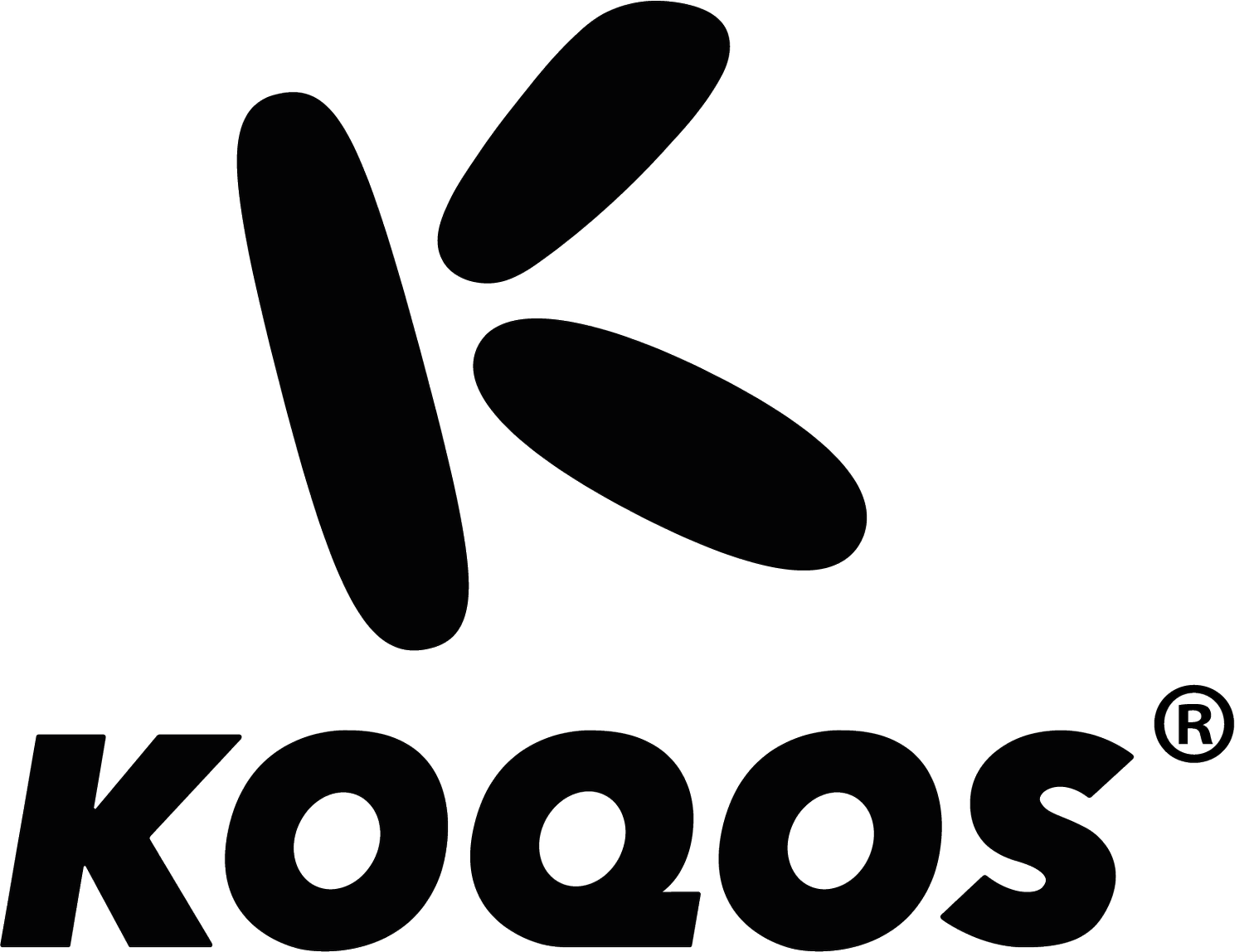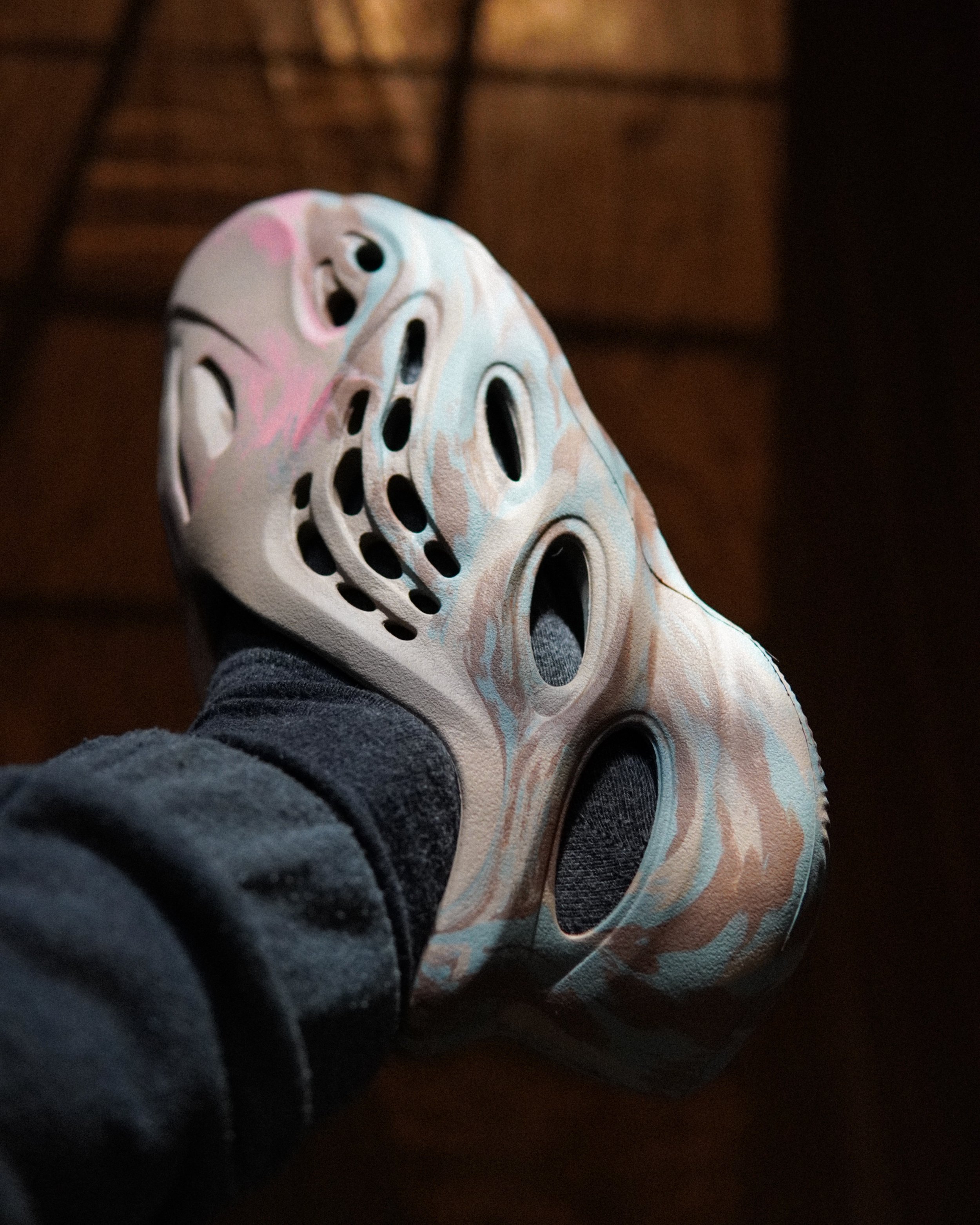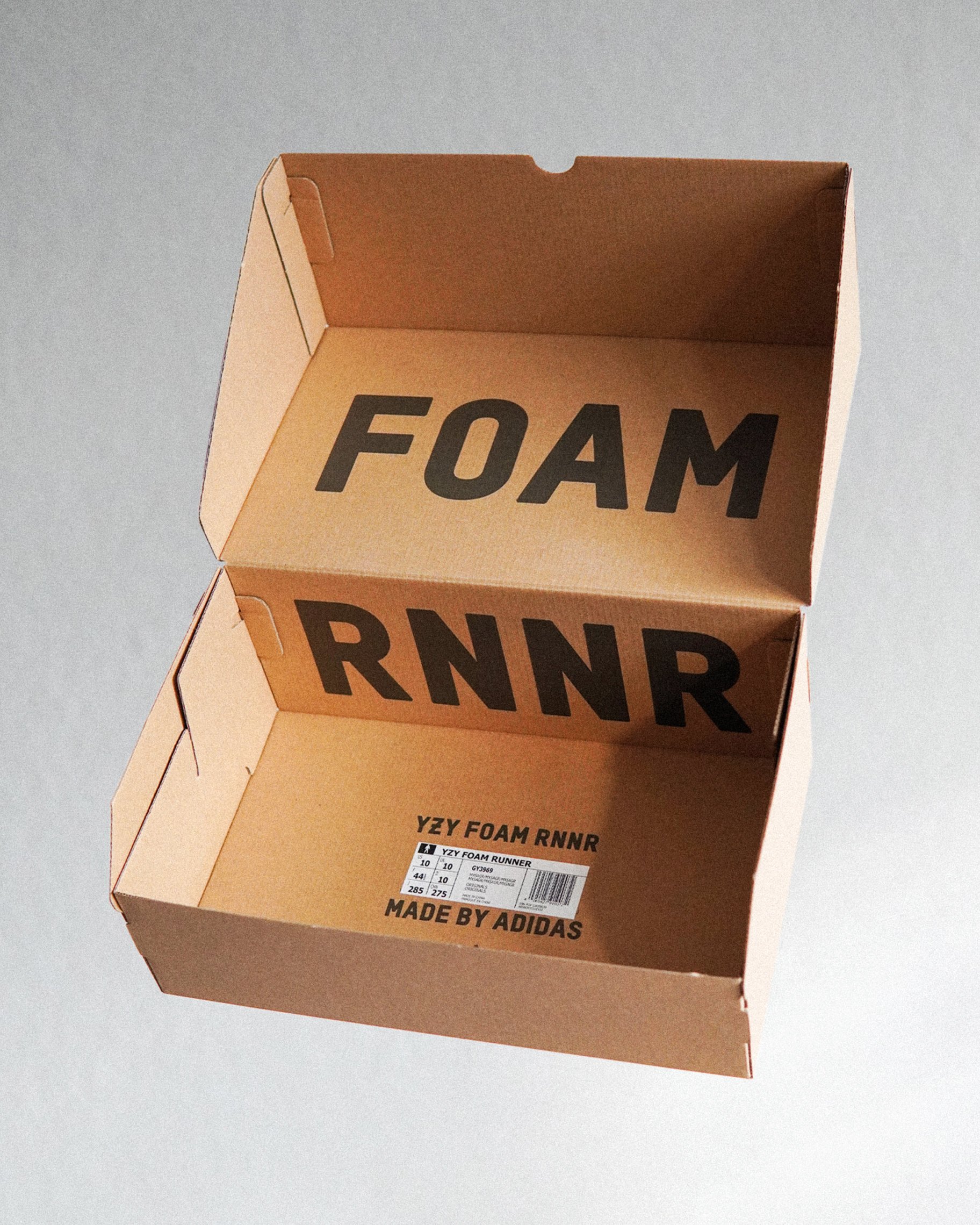Algae Over Petroleum: Yeezy FOAM RNNR
Sustainable alternatives to petroleum based foam are ready to take over
Back in 2019, Kanye West revealed a new Adidas Yeezy prototype shoe that was made out of a singular piece of foam. The Yeezy FOAM RNNR ushered in the resurgence of crocs-like, foam-based footwear into mainstream fashion. To tackle the sustainability challenges that come with creating foam products, Yeezy decided to incorporate algae-based foam into their products. This initiative is part of a wider industry push towards more sustainable alternatives to foam, which is one of the key materials in the production of sneakers.
Foam in Sneakers
Foam is a material that can be found in most modern footwear. EVA and PU foam are mostly used in the outsoles and insoles. To create a comfortable fit, foam is also very often incorporated into the lining of shoes. This is often overlooked, but it makes the disassembly of sneakers that much harder. With eco-concerns reaching new heights in the footwear industry, some sneaker brands and sole manufacturers are now seriously investing into more sustainable material options. In the 2019 interview with Fast Company and Head of Yeezy Design Steven Smith, Kanye announced their goals of going seed to sole and investing in local farming to create the resources necessary to eventually locally create products in a socially and environmentally sustainable way.
Algae Foam
A well-known producer of algae foam is a company called Bloom. The idea of using algae to create foam was born from their research into the use of algae for the removal of phosphorus and ammonia, present in industrial and agricultural waste-water. This was causing ecologically harmful algae blooms and water quality issues. They discovered that they could place the protein-rich algae biomass under significant heat and pressure to start a plasticization process. After years of research and development, Bloom launched the world’s first algae-blended EVA to the footwear industry. They are currently partnering with major industry players such as Adidas, H&M, Puma and Reebok, as well as smaller sustainable footwear startups, to drive an industry wide change towards petroleum free foam.
Sugarcane Foam
In addition to algae foam, another plant based foam has made serious waves in the footwear industry these past few years. Allbirds is a footwear brand from San Francisco, with roots in New Zealand. They are well-known for their casual running shoes made from sheep wool. The brand was a kickstarter success and became part of the unofficial uniform for people working in silicon valley. A few years ago, Allbirds came out with their SweetFoam concept. SweetFoam is a proprietary sole material derived from the remnants of renewable sugarcane.
They announced their plans to make the material open-source, so that other brands could also make use of their invention and further increase their positive impact together. Sugarcane foam is now being adopted by a wider range of footwear brands and sole manufacturers. This shows that sustainable alternatives are invented and that by working together, an industry-wide shift towards more sustainable manufacturing can be accelerated. I am excited to see what is next for foam and the future of sneakers!





